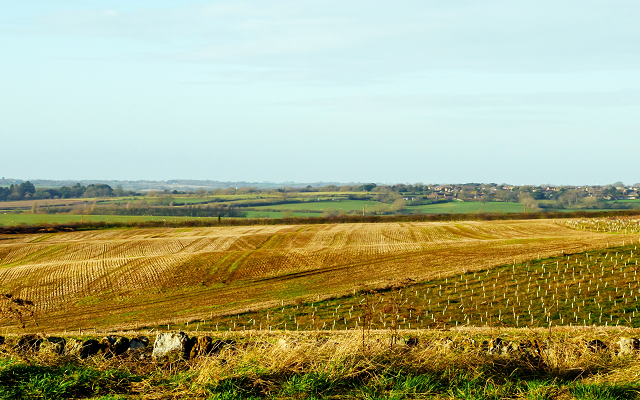Survey shows the need to promote positive benefits of forestry
A new report has highlighted strong public support for more trees to be planted, but also reflected growing debate about where they should be located.
Forest Research has recently published the results of its Public Opinion of Forestry survey which saw more than 11,000 people questioned across the UK.
When respondents were asked for their views on the management of UK forests in response to the threat of climate change, 84% said ‘a lot more trees should be planted’.
However, this figure was slightly lower for respondents in Scotland (80%) and when asked whether they would like to see more woodland in their part of Scotland this fell to 55%, down from 63% in 2021.
The data from Scotland also pointed to a decline in support for spending public money on forestry.
Although 81% of people still felt there was at least one benefit from forestry worth supporting with public money, this was down from 99% when the survey was last carried out two years ago.
Just 40% of respondents supported the use of public money being spent on forestry to support the economy in rural areas and only 15% backed the idea of public money being used to provide timber for sawmills and wood processing.
The most popular reason for people to support spending on forestry was to provide places for wildlife to live (54%).
Overall, our take on the results is that we should be encouraged that there is generally a positive impression of forestry and the need for more trees.
However, the results do demonstrate the need for us as forestry professionals to keep promoting the significant positive benefits that forests and woodland offer – environmentally, economically and socially – so people become comfortable with them being planted in their area.
For example, it became apparent during the Covid-19 pandemic that visiting green spaces helps to improve people’s health and wellbeing, so making sure local communities are given access to new woodland may be a way to increase the percentage of people who would support a local planting scheme.
Meanwhile, the Environmental Audit Commission has published a report which concludes it is extremely unlikely that the government’s target of planting 30,000ha annually will be met by March 2025.
The committee therefore argues that it is time for concerted action in both the private and public sectors to allow targets to be met as soon as possible.
It suggests that at the moment there are too many overlapping strategies that aim to cover tree planting policies in the UK and in England, and little evidence of an overall vision for the timber sector.
What is required is an overarching, holistic strategy that sets a long-term vision for how different types of woodland will be used to deliver Government’s goals.
To give greater clarity to the whole forestry sector, the committee also recommends that the Government divide its overall tree planting targets into sub-categories for the different types of woodland needed to achieve its goals.
Ministers should also commission work to identify opportunities for more woodland creation on the wider Government estate, it concludes.






